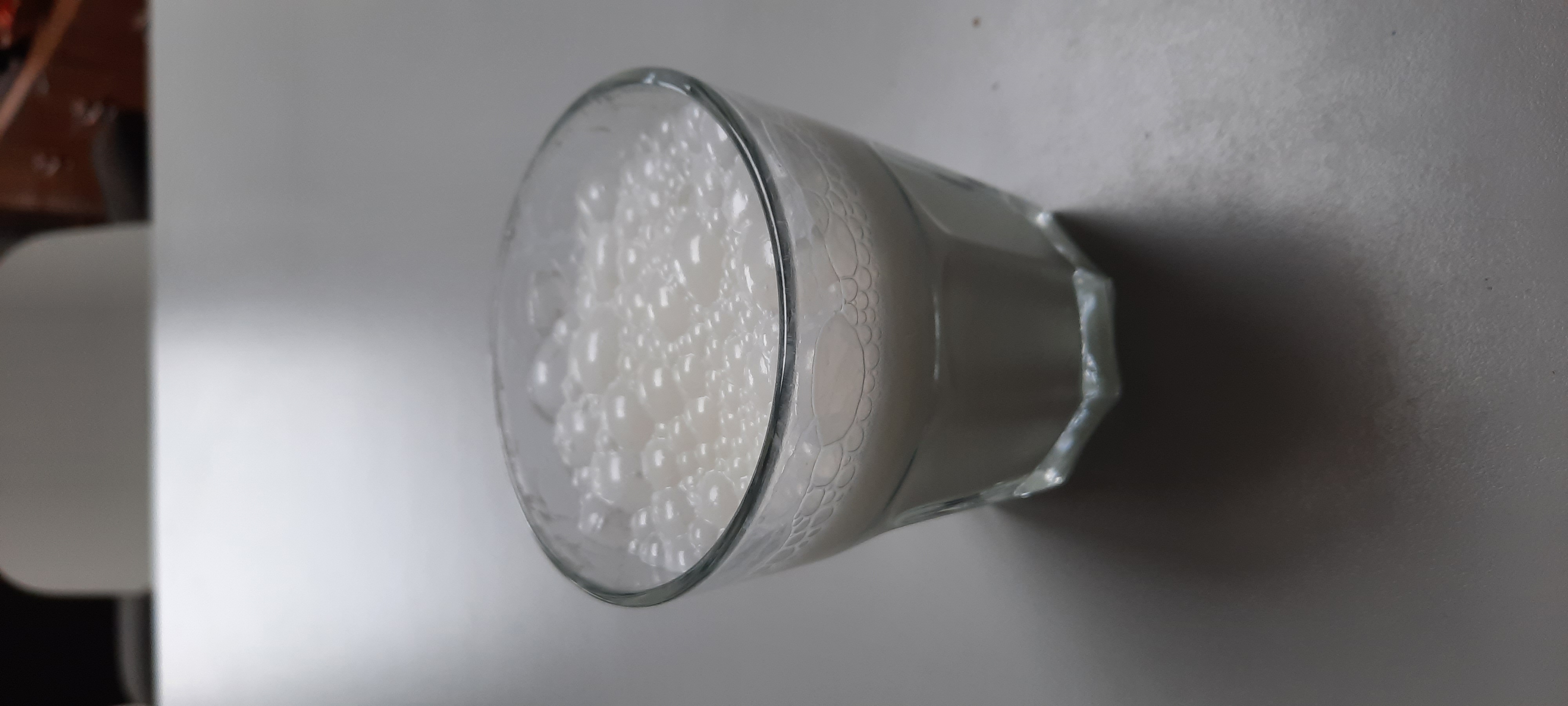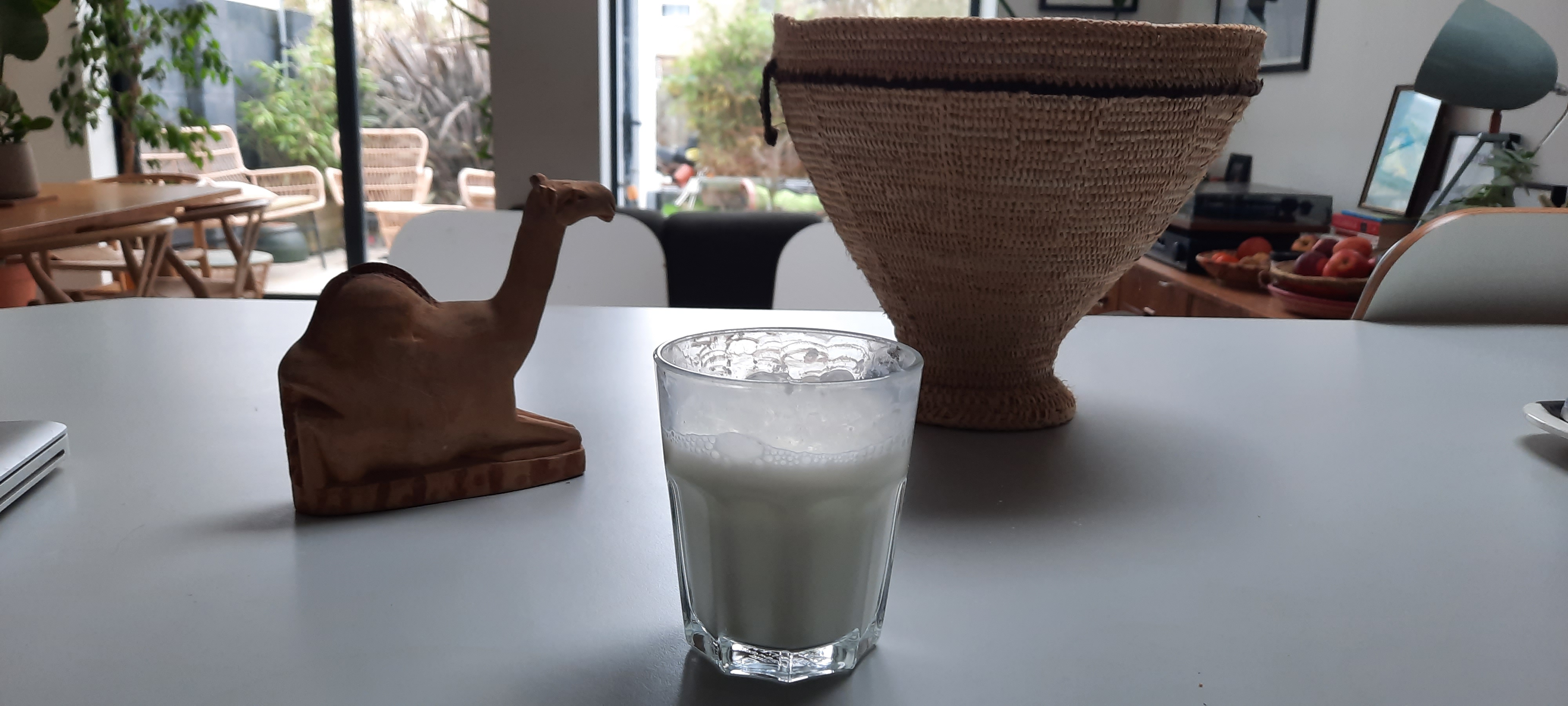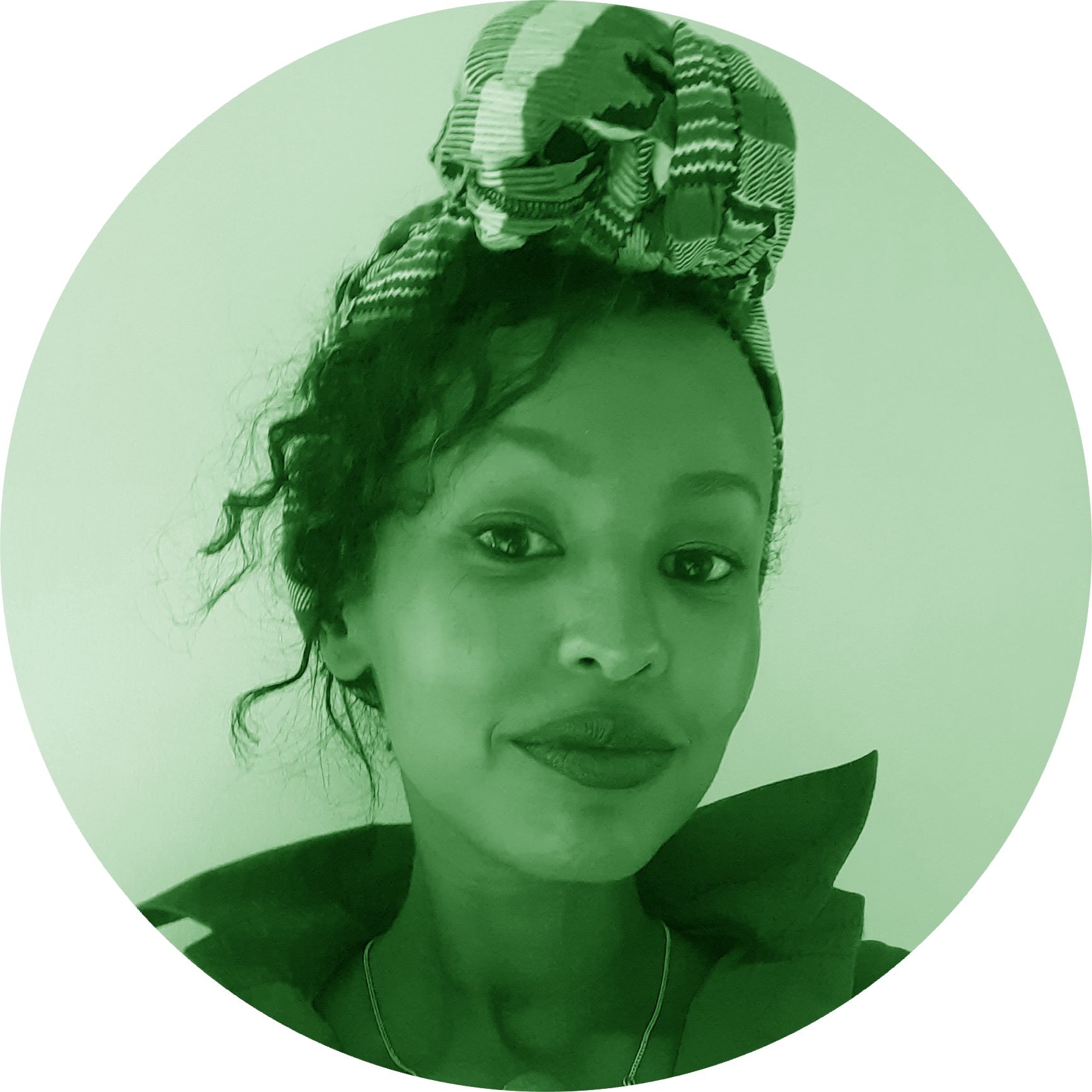A SOLUTION IS FOUND IN SALT AND SPICE
Fozia Ismail
︎︎︎
Fozia Ismail
︎︎︎
If landscape is a way of seeing that we learn, I see a Somaliland that is inextricably linked with England ![]() i. I learned to make Xawaash in England, and yet it is also a reminder of a home, or at least of a landscape that is not English. When we as a family go for walks in the beautiful English countryside around Bristol, I always take a flask of shaah or chai. I grew up drinking shaah, the tea my mother made for guests. My boys now associate country walks with shaah as does my English husband; it is the only time I make it. I think there is something beautiful in this, a Somali trace of spiced tea in the rural English landscape. T.S. Eliot articulates the complexities of this migration well: The migrations of modern times […] have transplanted themselves according to some social, religious, economic or political determination or some peculiar mixture of these. There has therefore been something in the re-movements analogous in nature to religious schism. The people have taken with them only a part of the total culture […. T]he culture which develops on the new soil must therefore be bafflingly alike and different from the parent culture. 20 Wherever people migrate, there will always be gaps in the availability of foodstuffs, some seemingly essential items that cannot be transported or do not grow well in the new environment. For my mother, who grew up as a goat herder on the Ethiopian/Somali border, fresh camel milk has a strong association with the Somali landscape; since leaving Somaliland, this camel milk has become, for her, imbued with mystical powers. Camels are so important to sustaining Somali nomads that there are forty-six different words for camel. My mother firmly believes fresh camel milk cures all sorts of ailments, and she laments its loss. The loss is far greater than just camel milk: it is a loss of home, a loss so keenly felt that my mother (along with a generation of her peers) took up a recipe for camel milk, consisting of the following unlikely but available ingredients: a dash of 7-Up, natural yoghurt, salt, and water. Imagine our excitement each Ramadan when she brought out the ‘camel milk’. For children of the African diaspora this idea of home, of this ‘parent culture’, is entwined with food.
i. I learned to make Xawaash in England, and yet it is also a reminder of a home, or at least of a landscape that is not English. When we as a family go for walks in the beautiful English countryside around Bristol, I always take a flask of shaah or chai. I grew up drinking shaah, the tea my mother made for guests. My boys now associate country walks with shaah as does my English husband; it is the only time I make it. I think there is something beautiful in this, a Somali trace of spiced tea in the rural English landscape. T.S. Eliot articulates the complexities of this migration well: The migrations of modern times […] have transplanted themselves according to some social, religious, economic or political determination or some peculiar mixture of these. There has therefore been something in the re-movements analogous in nature to religious schism. The people have taken with them only a part of the total culture […. T]he culture which develops on the new soil must therefore be bafflingly alike and different from the parent culture. 20 Wherever people migrate, there will always be gaps in the availability of foodstuffs, some seemingly essential items that cannot be transported or do not grow well in the new environment. For my mother, who grew up as a goat herder on the Ethiopian/Somali border, fresh camel milk has a strong association with the Somali landscape; since leaving Somaliland, this camel milk has become, for her, imbued with mystical powers. Camels are so important to sustaining Somali nomads that there are forty-six different words for camel. My mother firmly believes fresh camel milk cures all sorts of ailments, and she laments its loss. The loss is far greater than just camel milk: it is a loss of home, a loss so keenly felt that my mother (along with a generation of her peers) took up a recipe for camel milk, consisting of the following unlikely but available ingredients: a dash of 7-Up, natural yoghurt, salt, and water. Imagine our excitement each Ramadan when she brought out the ‘camel milk’. For children of the African diaspora this idea of home, of this ‘parent culture’, is entwined with food.
![]() ii
ii
Themes:
Presencing the Erotic, Interrogated Materialities
Methods: Intimate, Sonic, Bordering, Food as Method
References:
[1] James C. McCann, Stirring the Pot: A History of African Cuisine (Athens, OH: Ohio University Press, 2010)
![]()
[i] For another piece on landscape and food, see: SEEDS OF RESISTANCE by Ella den Elzen
[ii] For more on diaspora, home and the everyday, see: DISEMBODYING THE BLACK BRIT by Christiana Ajai-Thomas
Methods: Intimate, Sonic, Bordering, Food as Method
References:
[1] James C. McCann, Stirring the Pot: A History of African Cuisine (Athens, OH: Ohio University Press, 2010)
[i] For another piece on landscape and food, see: SEEDS OF RESISTANCE by Ella den Elzen
[ii] For more on diaspora, home and the everyday, see: DISEMBODYING THE BLACK BRIT by Christiana Ajai-Thomas
Ingrediants: Left to right green and white pot of natural yoghurt, plastic tub of Cornish sea salt and small green can of Sprite. These are on a light grey table.

Glass of Milk: Glass of white bubbly liquid, substitute ‘camel milk’ on a light grey table.

Left to right, a wooden carving of a camel sitting down, glass of substitute camel milk and a nomadic camel weaved basket that would be used whilst milking camels.

Fozia Ismail, scholar, cook and founder of Arawelo Eats, a platform for exploring politics, identity and colonialism through East African food. She has worked with a range of cultural institutions on exploring food and empire including London School of Economics, Museum of London, Serpentine Gallery, Tate Modern, National Trust, Courtauld, Bristol Old Vic, Battersea Arts Centre, Watershed and Arnolfini.
Her work has been published by Oxford Symposium on Food & Cookery and Vittles.
She has been featured on Observer Food Magazine, BBC Radio 4 Food Programme, Oxford Symposium on Food &; Cookery Ox Tales podcast, Food 52,London Eater, Vice Munchies, Vittles & Bristol 24/7.
When not critically eating her way through life’s messiness she can be found plotting with her sisters in arms and fellow Pervasive Media Residents Ayan Cilmi and Asmaa Jama as part of dhaqan collective, a Somali feminist art collective in Bristol.
︎ @AraweloEats
︎ www.araweloeats.com
Her work has been published by Oxford Symposium on Food & Cookery and Vittles.
She has been featured on Observer Food Magazine, BBC Radio 4 Food Programme, Oxford Symposium on Food &; Cookery Ox Tales podcast, Food 52,London Eater, Vice Munchies, Vittles & Bristol 24/7.
When not critically eating her way through life’s messiness she can be found plotting with her sisters in arms and fellow Pervasive Media Residents Ayan Cilmi and Asmaa Jama as part of dhaqan collective, a Somali feminist art collective in Bristol.
︎ @AraweloEats
︎ www.araweloeats.com
